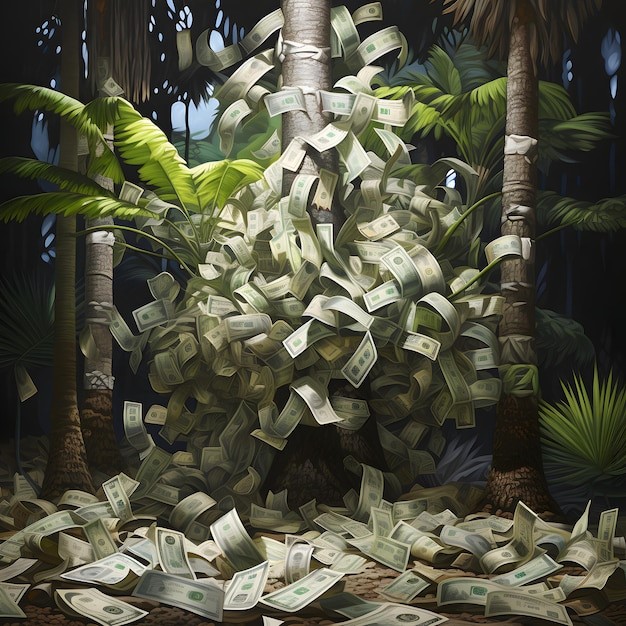The quote of the week from my calendar comes from the Emily Dickinson quote: „To be alive is power; existence in itself; without a further function; omnipotence.“
This is a fantastic quote to ponder:
-
Who am I?
-
Who do I want to be?
-
How am I perceived?
-
How do I define myself?
-
What is really important to me?
-
What will my family and friends remember?
Other thoughts might be more holistic:
-
Does all the status and power that people strive for, sometimes even at the expense of others, lead to a truer life?
-
Does such behaviour or pursuit of power create trust or a better relationship with each other?
If you agree with the last two statements, in my eyes that would reduce your life to your own perspective, which makes your life, from my experience less enriching.
It isn’t simply being in the here and now (mindfulness) even more valuable and listen to the wisdom of others? Listening with curiosity and being fully present with the other person is very enriching and usually leads to unique solutions and creates a colourful and rich live.
The listener is then there for the other person without pursuing a goal themselves, i.e. without any other purpose. Listening intensively to another person without pursuing your own goals, contributing your own ideas or contributing your own experiences and solutions is an intensely active process. It requires a lot of concentration and personal control, but it also harbours many treasures and is enormously enriching, as listening to others opens up new perspectives for you and enriches your own life.
In my opinion, having more courage to be quiet and, as far as possible, detached from one’s own thoughts about one’s own advantage would significantly improve co-operation.




